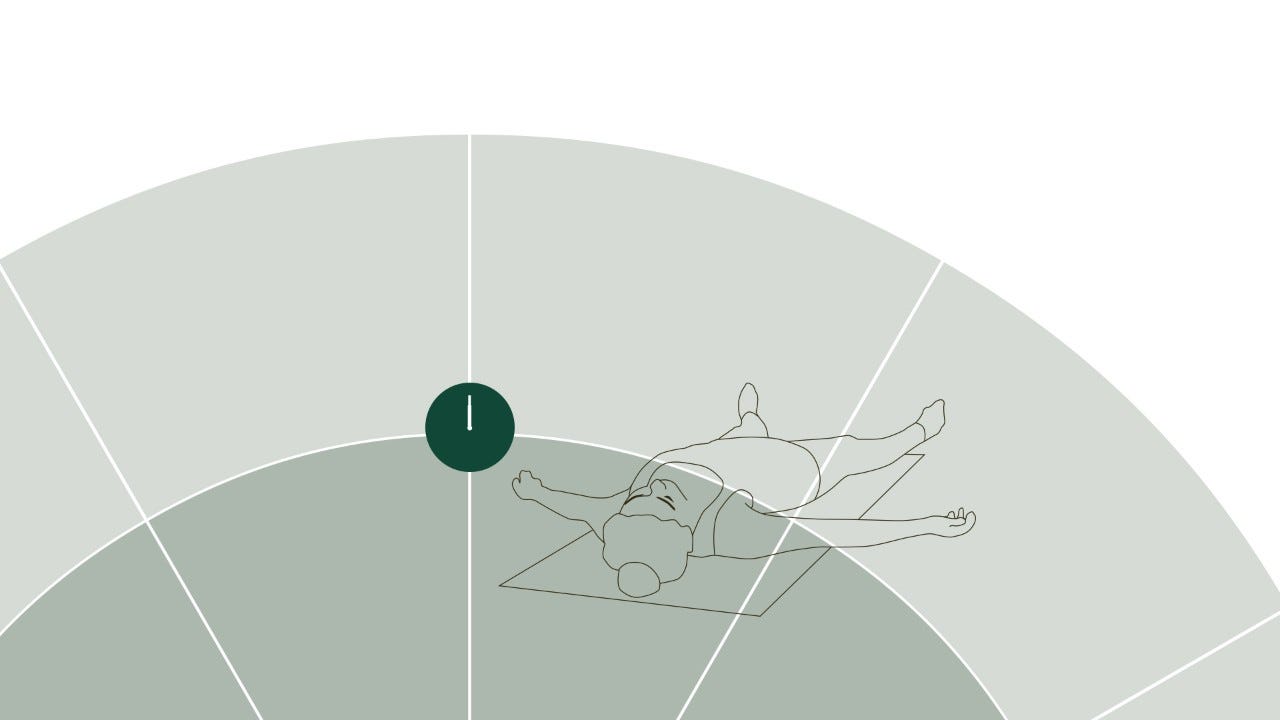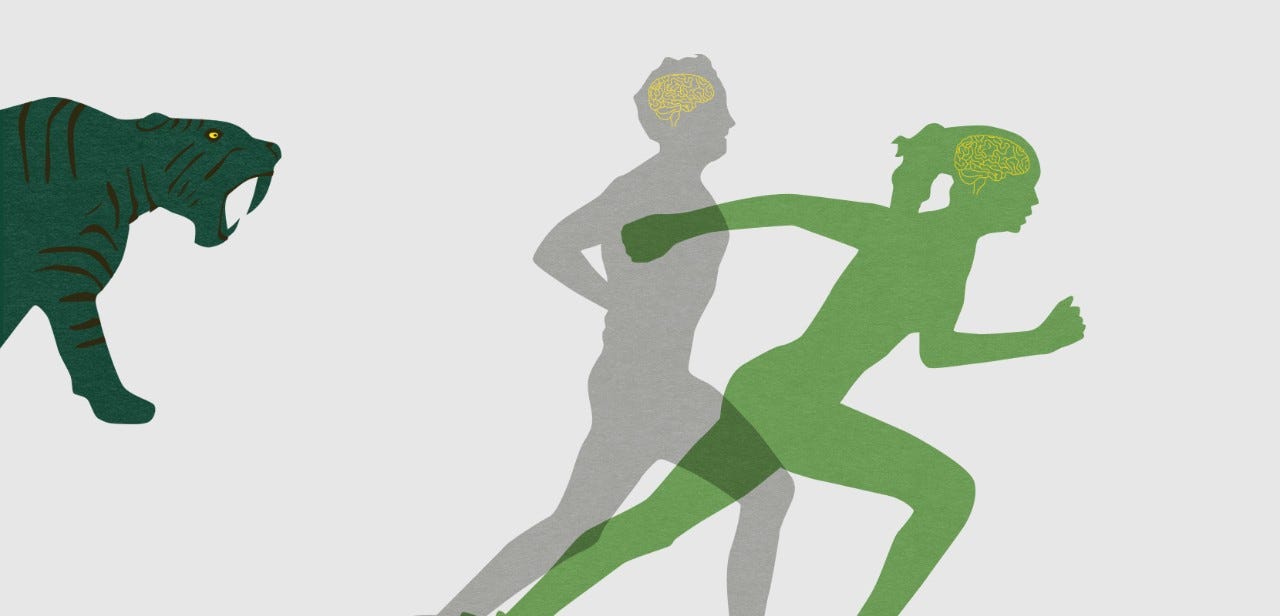Keep calm, breathe deeply!
There are a lot of factors that can cause stress during a long day. We show you how to reduce stress before it gets the upper hand.
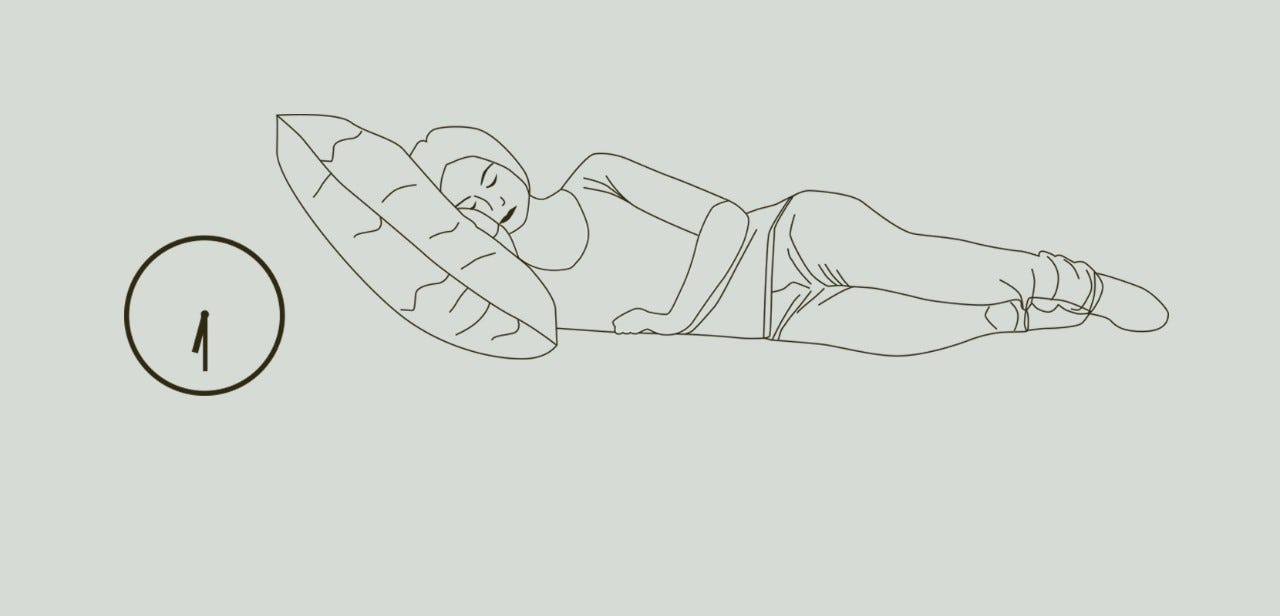
7.30 pm
Sleep well? Having problems sleeping is often a sign of stress. At the same time, getting enough sleep – 7 to 8 hours a night – makes you more resistant to stress. Don’t have your smartphone or tablet in the bedroom and use lavender oil to help you sleep.
12 am
Three out of four commuters who have a journey of 40 minutes or more to work are irritated by the daily commute. Take the Zug instead of the car - you can spend your time on public transport more freely. Consciously listen to music, read or look out of the window.
7.30 pm
Loads of emails, your boss is on your case, the deadline is looming. Stress! Breathe in slowly and deeply for four counts, then out for six. Try to clear your mind: what’s the very worst that can happen if your work is not totally perfect?
12 am
You have to cancel lunch with a friend because you don’t have time. When people are stressed they tend to neglect their social contacts. Make time for friends and family! Social contact is proven to help reduce stress.
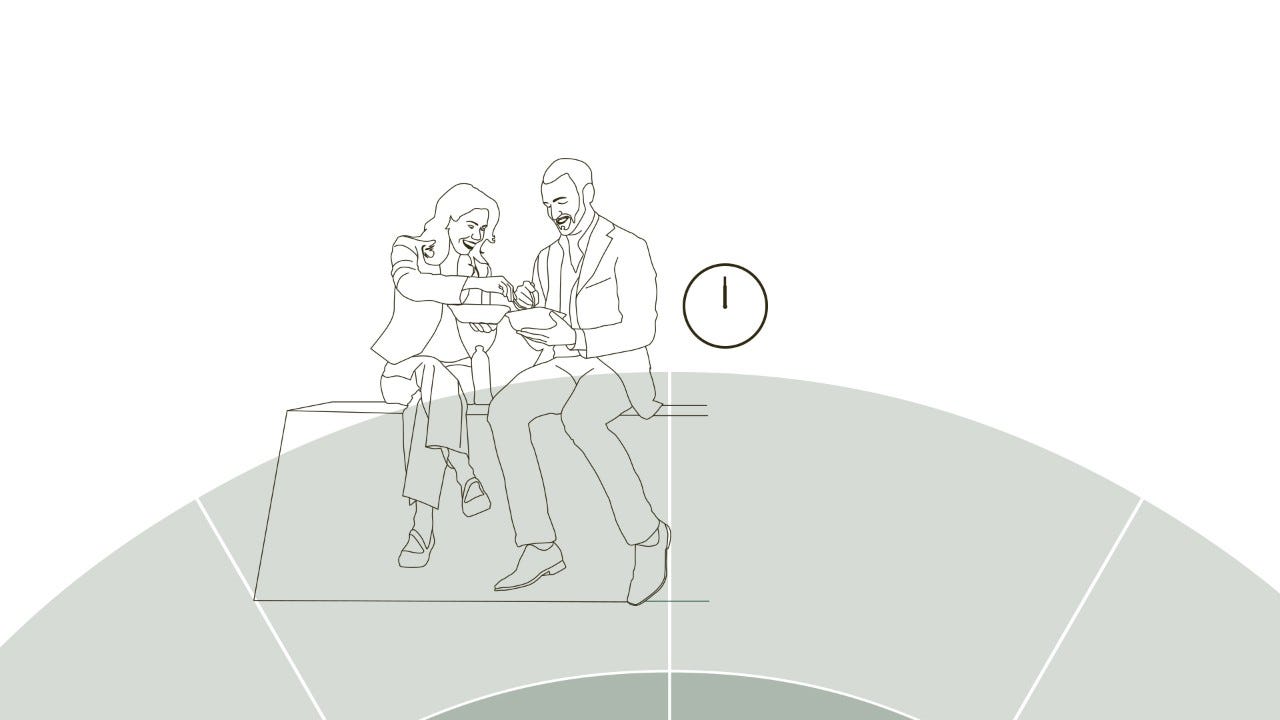
12 am
You should be productive, but your mind seems to have gone blank. An excess of the stress hormone cortisol has a negative impact on memory, language and cognitive ability and, in the long term, can even be a contributive factor to Alzheimer’s disease. Take short breaks regularly – ideally every 90 minutes for five minutes.
7.30 pm
Too tired to cook, so you opt for a ready meal? Stress causes weight gain. Cortisol influences metabolism and facilitates fat storage. What’s more, if you’re stressed you tend to eat more carbohydrates and fatty foods. Take time to eat a balanced diet. For example, nuts, ginger, chickpeas or yoghurt are good against stress.
12 am
Too late for sport? But it would do you good, because it has a positive impact on cortisol. sports are ones that make you sweat and get out of breath. that strength training doesn’t help against stress. However, 30 minutes of exercise three times a week is necessary for measurable effects. And: The fun principle applies - leave the pressure to perform at home.
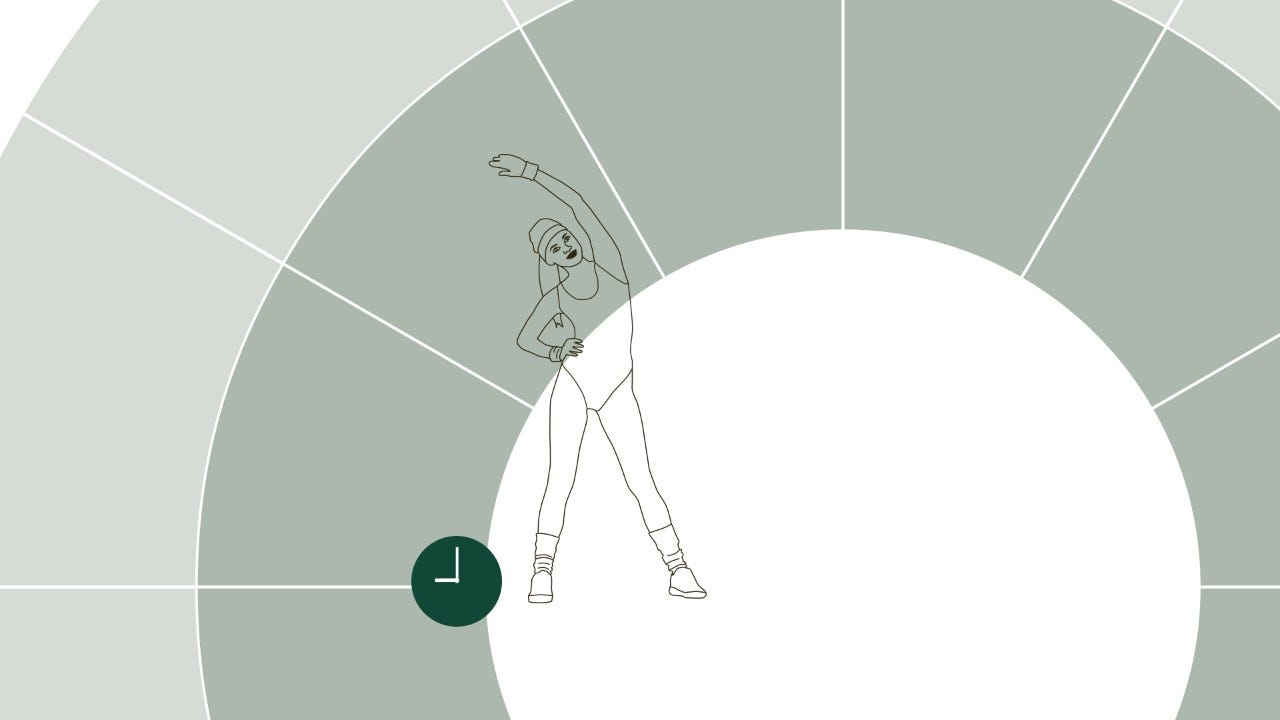
10 pm
You’re not happy with how the day has gone? expectations on yourself is the second most frequent cause of stress. At least you’ve got your cat: stroking animals is shown to lower blood pressure levels.
12 am
Where’s the off button? You’re exhausted but can’t get to sleep. Find a relaxation method that works for you, such as Jacobsen’s progressive muscle relaxation, autogenic training or mindfulness exercises. Be patient: you have to learn how to do the exercises.
